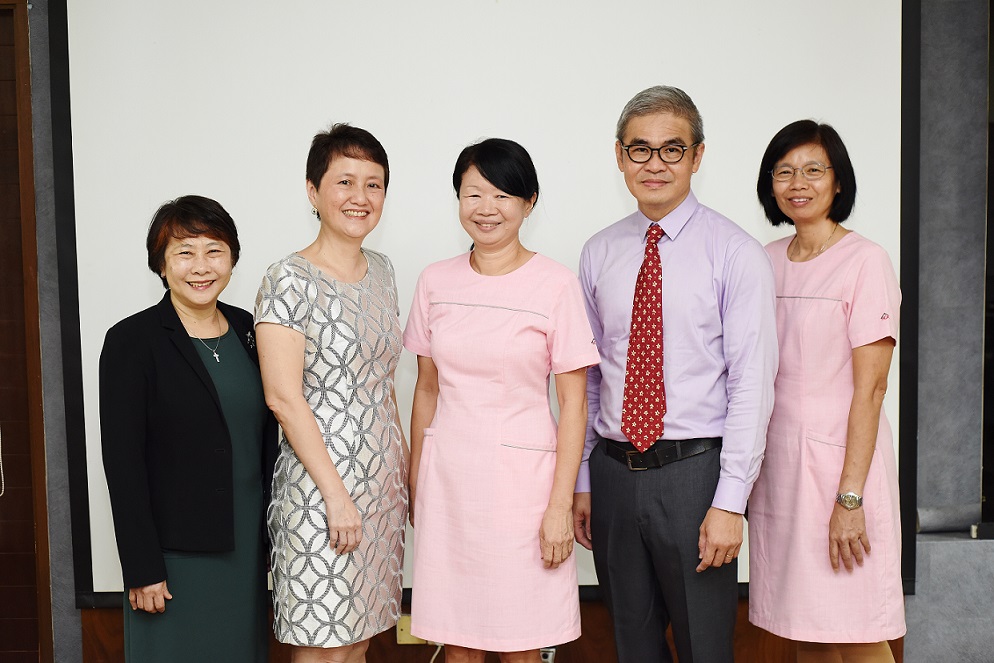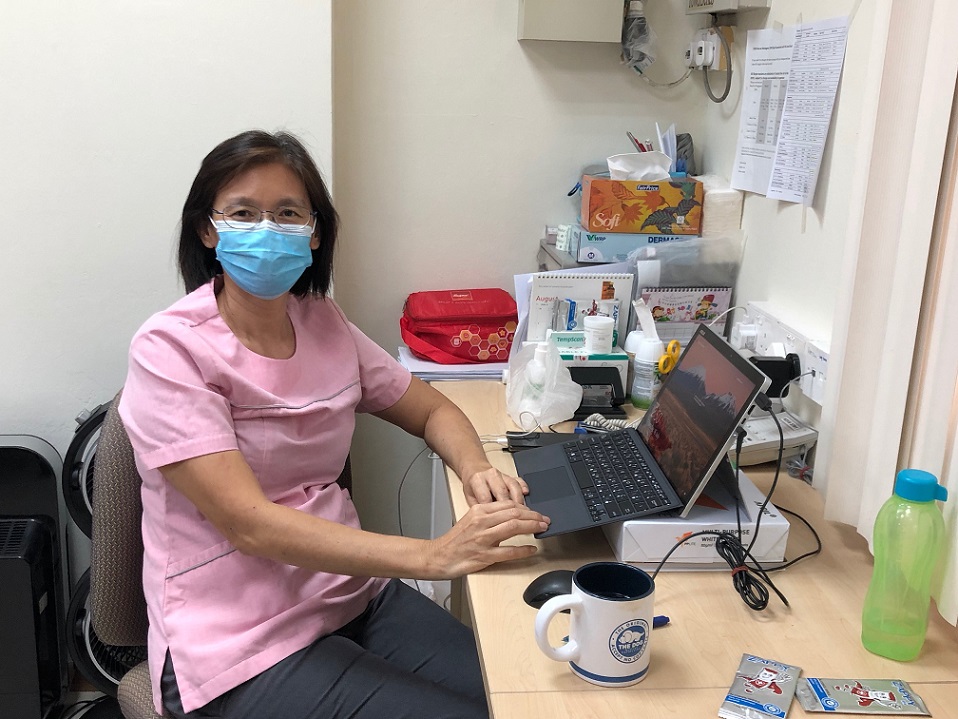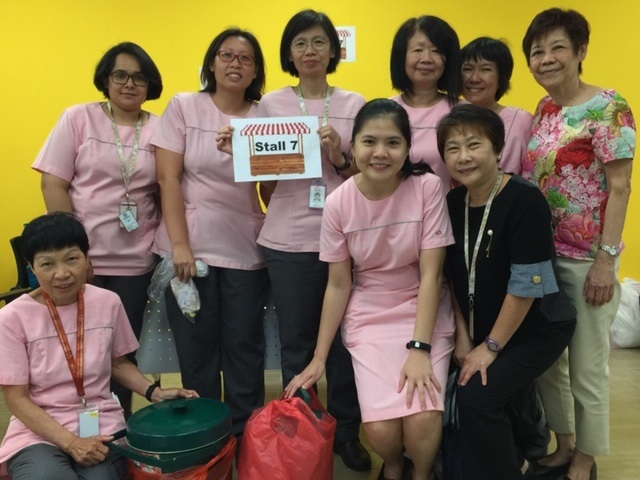
Close


“I am honoured and humbled to be named the longest-serving nurse in HCA,” Lim Lay Choo, HCA Nurse Manager, says with a laugh.
Having consecutively served 16 years in HCA, Lay Choo is arguably a veteran in the field. But Lay Choo is quick to point out that her patients and teammates often impart valuable lessons and knowledge.
It is the reciprocal sharing of knowledge that has inspired Lay Choo to participate in a train-the-trainers volunteer programme in Indonesia for the last three years. While Lay Choo had joined the programme in an official capacity in the first year, she subsequently decided to continue volunteering on her own accord.
“We conducted workshops covering topics like symptom control and the psychosocial aspects of palliative care,” Lay Choo explains. “It was a good opportunity for us to share our experiences.”
“They also created their own music therapy with traditional Indonesian musical instruments and songs, which were familiar to the patients – the environment was very lively.”
After the completion of the workshops, the newly minted trainers went on to conduct training for other clinicians in Bandung. “Ultimately, we all have the same goal of helping patients and their families,” Lay Choo says. “If we don’t have the necessary knowledge and skills, we won’t be able to help effectively.”
“Dr Rosalie Shaw (HCA’s first Medical Director) once said that we should not only work with our brain, but also our heart,” Lay Choo shares. “I remember her words well and try to equip myself with both tools.”
This motto has kept Lay Choo rooted through the years, both in leading her team at the HCA Ci Yuan Hougang Centre and caring for her patients.

Lay Choo at her work desk in HCA Ci Yuan Hougang Centre.
“I always remind myself that I am part of the team and we work together as one,” Lay Choo emphasises. “We do not differentiate between ‘your patient’ and ‘my patient’ – they are all our patients.”
The collaborative spirit has imbued Lay Choo with the emotional strength needed to persevere on the marathon of nursing. “Sometimes, I feel helpless but the support from the team – we are like a big family – really keeps me going,” she says.
Being so close to death and dying invariably evokes a complex web of emotions. This hit particularly close to home with a recent case – a patient who coincidentally shared the same name.
“The patient requested for terminal extubation and her last wish was to come home to see her brother – who was in prison – for the final time,” Lay Choo explains. “He was granted special permission to return home to see his dying sister.”
Following the extubation, the patient was struggling to breathe. Her efforts to draw breath created high-pitched sounds – a scene Lay Choo and her team remember vividly.
Lay Choo witnessed the arrival of the patient’s brother, handcuffed and in a police car. There was nary a dry eye in the house as the siblings bid farewell to each other. “All of the relatives were crying,” Lay Choo recalls. “When the patient’s husband tearfully said goodbye to his brother-in-law, it was as if he was saying it on behalf of his wife.”
With her last wish fulfilled, the patient passed on peacefully three days after.
“My heart felt very heavy,” Lay Choo shares, a sentiment echoed by her team members who were around that day.
“Subsequently, we held a debrief for the team,” she says. “The support from the team is very comforting, it makes me feel like everyone knows me.”

Lay Choo (center, holding placard) with some of her team members, whom she credits for giving her strength and support.
After 16 years in the sector, Lay Choo has gleaned a wealth of personal revelations. “I think the biggest lesson I have learnt is to be more understanding and forgiving – towards others and myself, because life can be so difficult,” she shares.